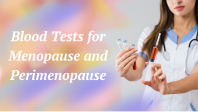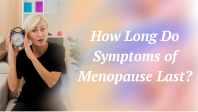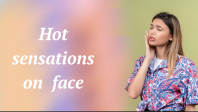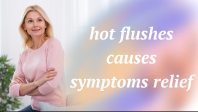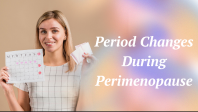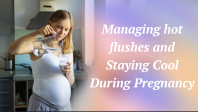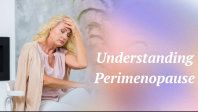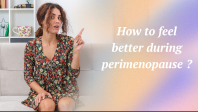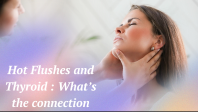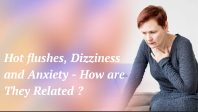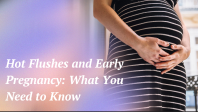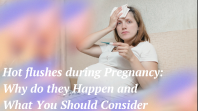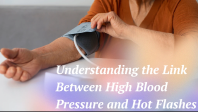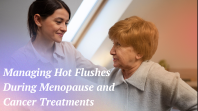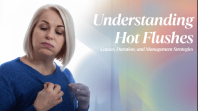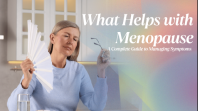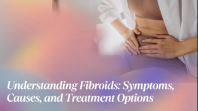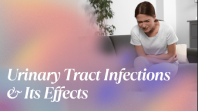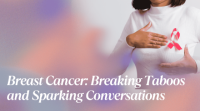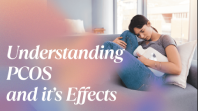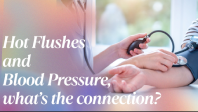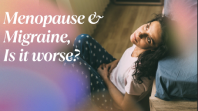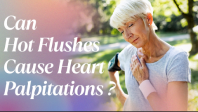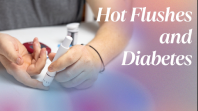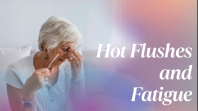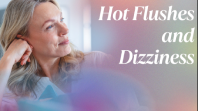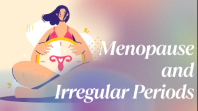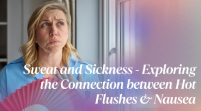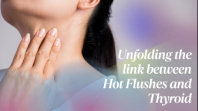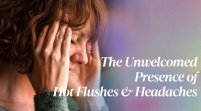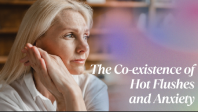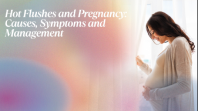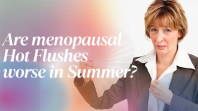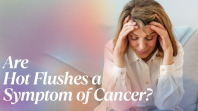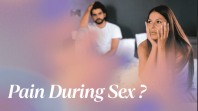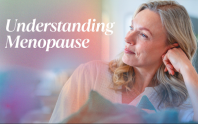Discover How Anxiety Fuels Uncomfortable Hot Flushes in Women
October 20, 2024
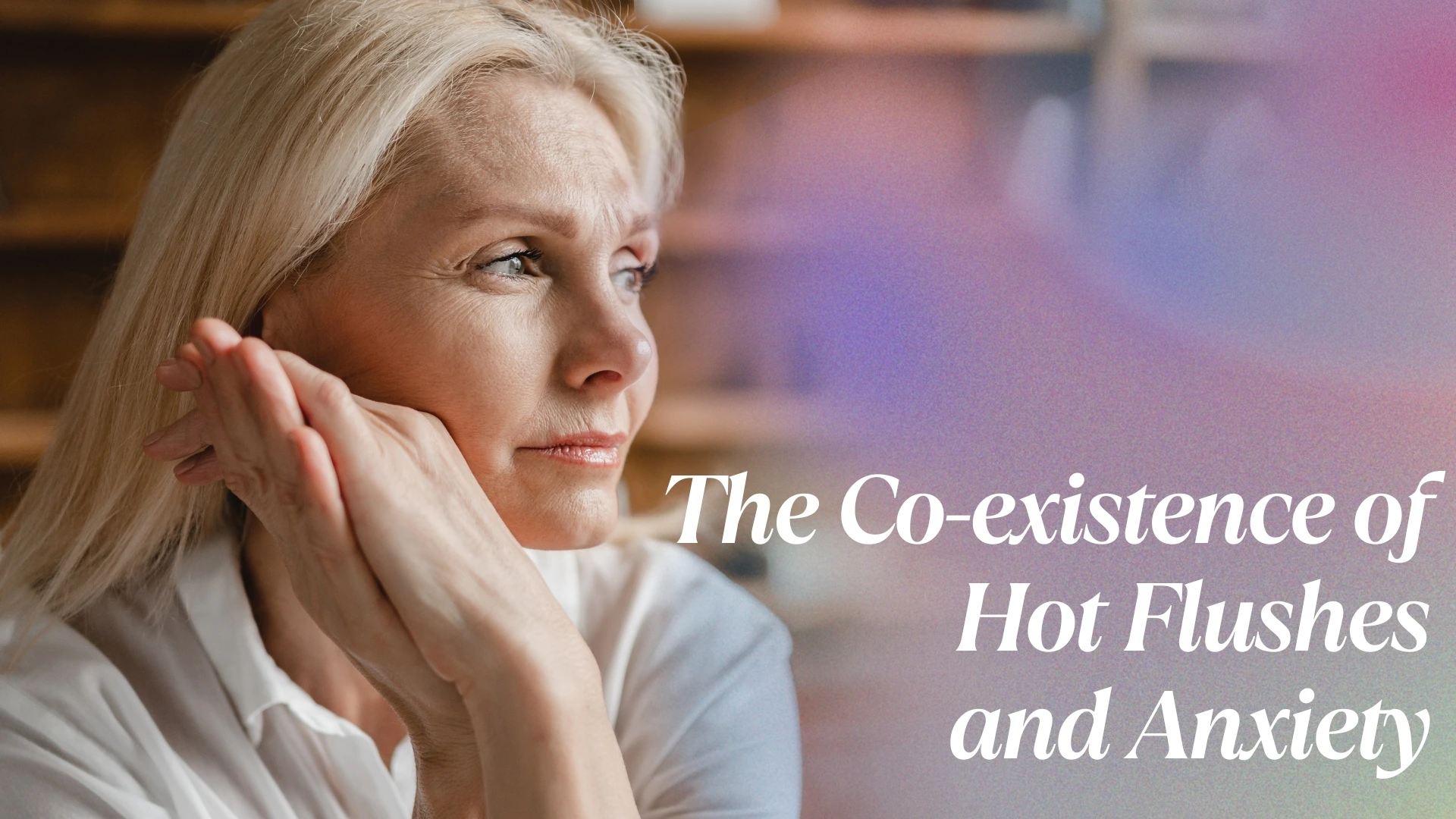
Navigating the Overlap: Anxiety and Hot Flashes
In the world we live in, nervousness lurks around every corner. Though this state of unease is considered an emotion like any other, it’s essentially a fusion of tension and worrisome thoughts that can sometimes lead to heart issues and increased blood pressure. So what’s the connection between hot flashes and this feeling of apprehension? Does worry lead to hot flushes, or is it the other way around?
Most people associate hot flashes with perimenopause, but did you know that this common symptom is closely related to restlessness? For ages, the stereotype of women in their 40s experiencing sudden rushes of heat has overshadowed the significant physiological changes of perimenopause. Let’s take a deeper look at this connection, exploring the roles anxiety and menopause play in this relationship.
What Are the Symptoms of Anxiety That Could Trigger Hot Flashes?
Anxiety disorders are among the most common mental health conditions. In fact, approximately 31% of people in the United States will experience an anxiety disorder at some point in their lives. What’s even more striking is that women are nearly twice as likely as men to develop an anxiety disorder.
While anxiety can manifest in different ways, some common symptoms include:
- Excessive worrying
- Restlessness
- Muscle tension
- Elevated heart rate
- Upset stomach
These symptoms aren’t just mental—they often present physically, creating a powerful physiological response that can feel overwhelming. This overlap between mental and physical symptoms is where the connection with hot flushes begins.
Do Hot Flashes Cause Anxiety or Does Anxiety Cause Hot Flushes?
One of the most perplexing questions surrounding this topic is whether anxiety leads to hot flushes or if hot flushes trigger anxiety.
On one hand, the physiological response to anxiety—particularly during events like panic attacks—can mimic the sensation of a hot flush. Elevated heart rate, rapid breathing, and an increase in body temperature are all hallmark features of both conditions.
On the other hand, the sudden rush of warmth and other physical symptoms of a hot flush can be distressing, leading to feelings of anxiety. This creates a frustrating cycle: the anticipation or fear of experiencing a hot flush can itself provoke anxiety, which in turn might trigger more hot flushes.
How Can You Differentiate Between Anxiety and Menopause Symptoms?
To complicate matters further, menopause itself can bring about symptoms that overlap significantly with those of anxiety. Both anxiety and perimenopause can independently cause hot flashes, but research has shown that women with higher levels of anxiety during menopause are more likely to experience intense vasomotor symptoms (like hot flushes).
In one long-term study, women with the highest levels of physical anxiety symptoms were found to have the greatest likelihood of experiencing hot flushes. These findings were consistent across different stages of menopause, suggesting that anxiety might exacerbate hot flushes throughout the menopausal transition.
But how can you determine whether your hot flushes are caused by anxiety or menopause? They’re more likely linked to anxiety if:
- You aren’t experiencing other symptoms of menopause, such as mood changes or menstrual irregularities.
- You’re younger than 40.
- You have a history of anxiety disorders.
Recognizing these distinctions can be key to addressing the root cause of your symptoms.
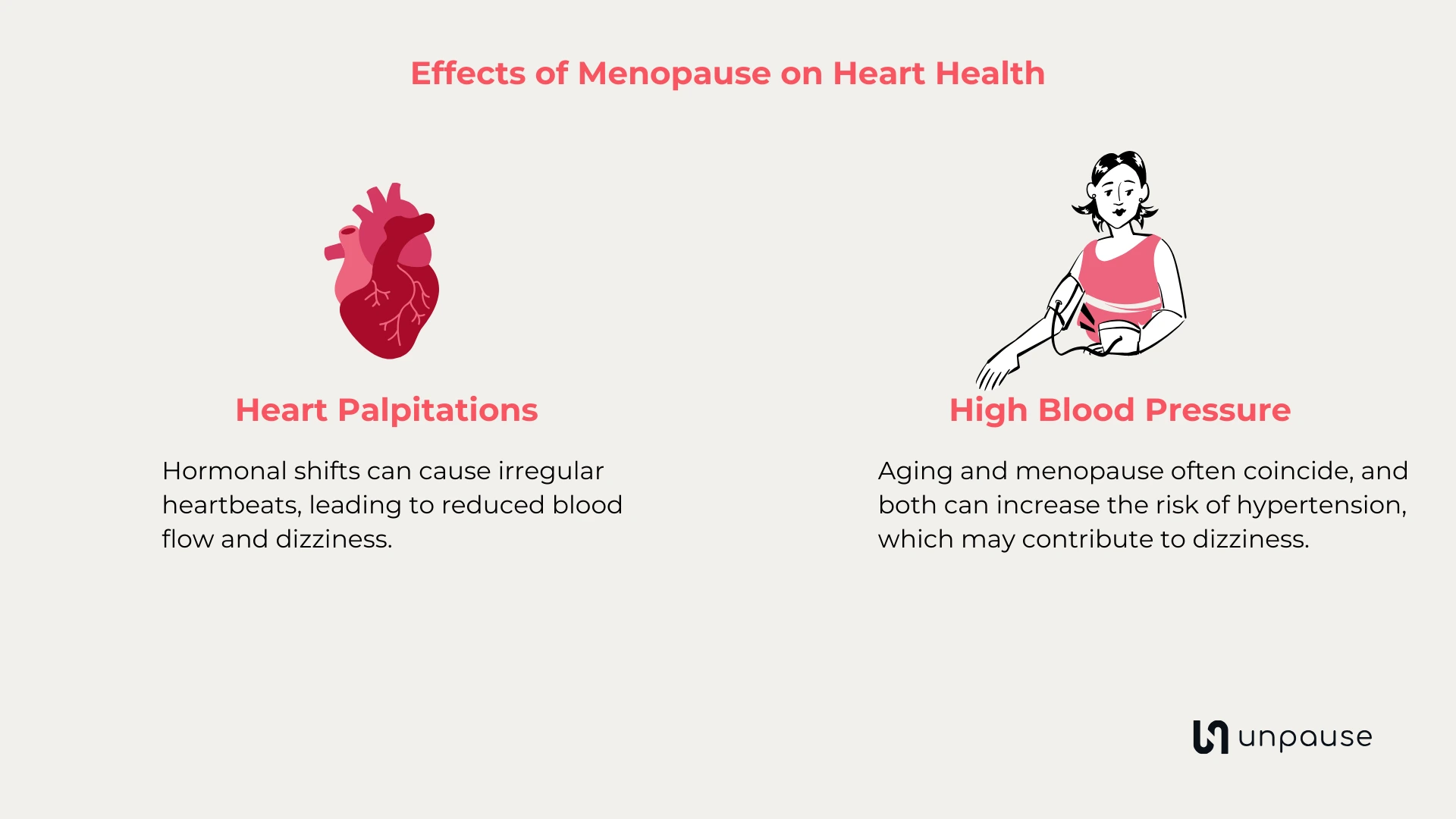
What Does Research Say About the Connection Between Anxiety and Hot Flushes?
Research has shown a strong link between hot flushes and the restlessness many women experience during mid-life. A notable study conducted in 2005, which tracked over 400 premenopausal women for six years, found that those with anxiety were up to five times more likely to experience hot flashes.
A follow-up analysis 14 years later reaffirmed this connection, highlighting that physical symptoms of anxiety (known as somatic anxiety) are particularly influential in triggering hot flushes.
What Type of Anxiety Is Linked to Hot Flushes?
While emotional stress, referred to as affective anxiety, doesn’t appear to increase the risk of hot flushes, somatic anxiety can elevate the heat. Somatic anxiety manifests through physical symptoms, such as:
- Upset stomach
- Racing heart
- Pounding headaches
- Dizziness
These symptoms not only increase the likelihood of experiencing hot flushes but can also exacerbate their intensity.
How Can You Manage Hot Flashes and Anxiety Through Lifestyle Changes?
While the overlap between anxiety and menopause might seem daunting, there are several lifestyle adjustments that can help manage both conditions effectively:
- Relaxation Techniques: Dedicate time each day to practices like deep breathing, meditation, or yoga. These techniques help lower stress levels and reduce the frequency of hot flushes.
- Healthy Eating Habits: Opt for a well-balanced diet rich in fruits, vegetables, whole grains, and lean proteins. Reducing the intake of spicy foods, caffeine, and alcohol can minimize triggers.
- Regular Exercise: Physical activity not only alleviates anxiety but can also reduce the severity of hot flushes. Aim for at least 30 minutes of exercise most days.
- Prioritize Sleep: Establish a consistent sleep schedule and create a relaxing bedtime routine. Quality sleep is essential for overall well-being and symptom management.
- Social Support: Stay connected with friends, family, or support groups. Sharing experiences and receiving encouragement can ease symptoms and provide valuable coping strategies.
How Can Treating Anxiety Help Alleviate Hot Flashes?
Given the close relationship between anxiety and hot flashes, addressing underlying mental health concerns is crucial. Techniques like cognitive-behavioral therapy (CBT), mindfulness-based stress reduction (MBSR), or even consulting a healthcare professional for anxiety treatment can significantly reduce the frequency and intensity of hot flushes.
Additionally, hormonal changes during menopause might require targeted interventions. Hormone replacement therapy (HRT) and certain non-hormonal medications have been shown to alleviate both anxiety and hot flushes in some individuals.
How Can You Empower Yourself in Managing Anxiety and Hot Flashes?
Understanding the intricate relationship between anxiety and hot flashes empowers you to take proactive steps toward relief. By addressing anxiety, you not only alleviate its immediate symptoms but also potentially reduce the intensity of hot flushes. Combining medical advice with lifestyle changes creates a holistic approach to managing these interconnected challenges.
Through knowledge, self-care, and support, you can navigate the complexities of anxiety and menopause with confidence and resilience.

